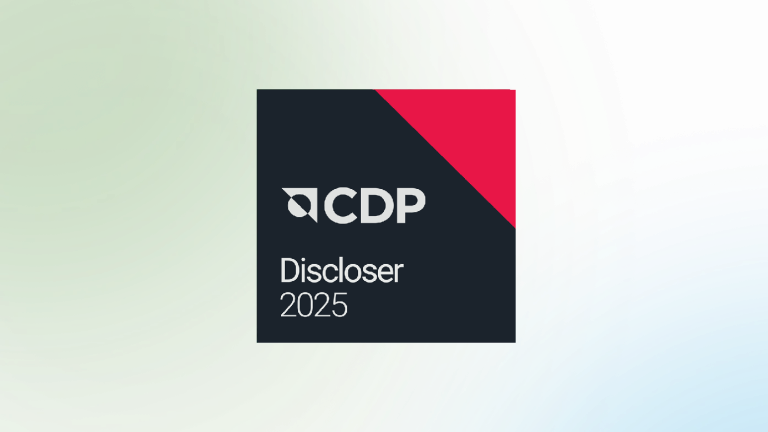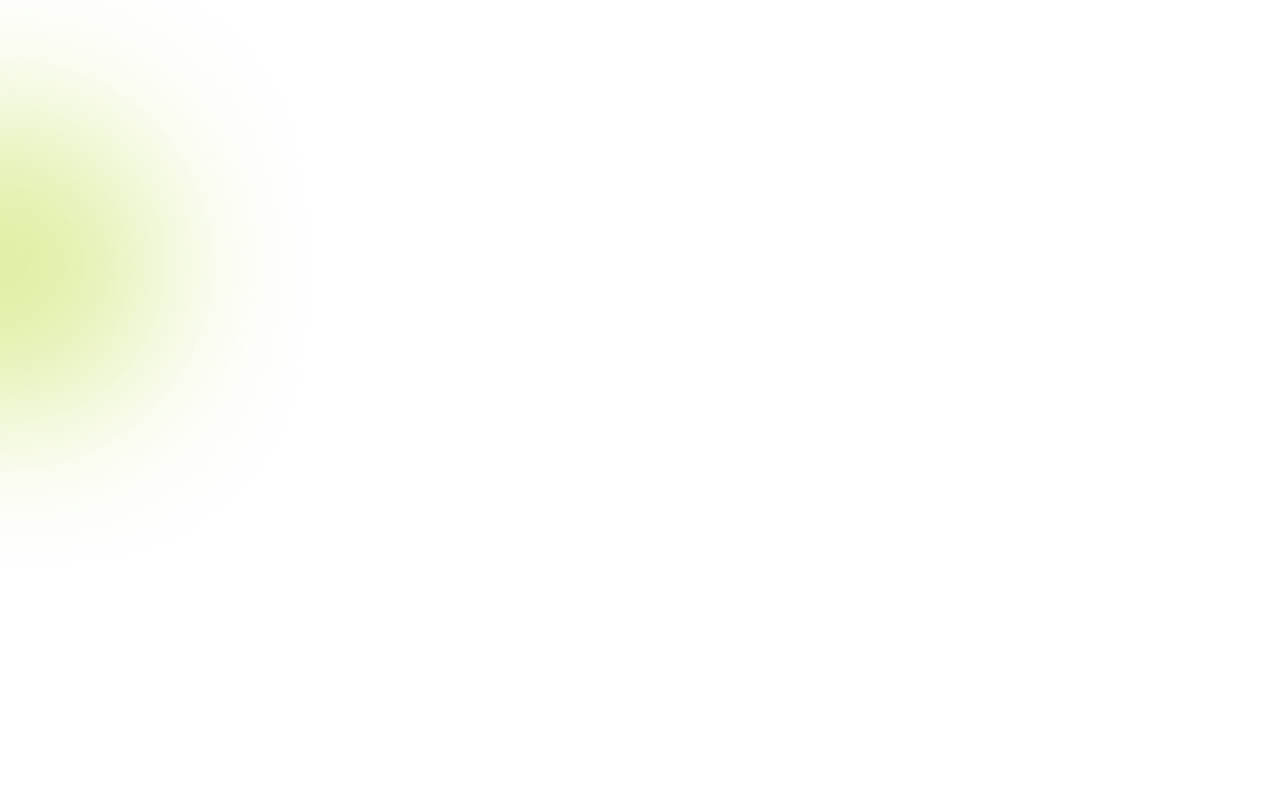ESG EVALUATIONS
Transparency through external evaluations
SEFE’s sustainability performance is evaluated by independent ESG organisations, supporting transparency, comparability and continuous improvement. These ratings help us demonstrate progress, identify areas for action and implement targeted measures. In 2025, we received a B rating from CDP in the climate change category. CDP is the world’s leading independent environmental disclosure system for evaluating how companies manage climate-related impacts, risks and opportunities.
At the same time, EcoVadis – which assesses companies’ sustainability performance worldwide – awarded us a Bronze Medal, placing us among the top 35% of companies evaluated for ESG performance. We see ESG ratings as both confirmation of our efforts and a catalyst for further development. Additional assessments by other rating agencies are planned to strengthen our sustainability management.
_image_w768.webp)
EcoVadis 2025
Bronze distinction: ranked in the top 35% of companies globally for ESG efforts.
_image_w768.webp)
IntegrityNext
“Green” ESG rating: SEFE’s current classification.

CDP
In 2025, we received a B rating from CDP in the climate change category





_image_w768.webp)
_image_w768.webp)
_image_w768.webp)
_image_w768.webp)



